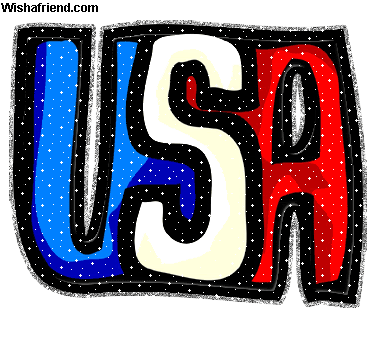Benjamin Franklin
jueves, 7 de abril de 2011
America had hard times in their way to be independent from the British. They were fighting for their freedom and happiness. They wanted to have freedom so badly that they were giving their lives for it. The sense of unity and never wanting to give up are some of the factors that help them achieve their goals. America had very capable men that help with the process. Some of the men that help were George Washington, John Adams, Thomas Jefferson and Benjamin Franklin. All of these men have something in common they all had a crucial job in the United States independence process. Benjamin Franklin was a special key to open the door of their freedom.
Benjamin Franklin was born on January 17, 1706. His family lived in Boston, Massachusetts. His father's name was Josiah and his mother's name was Abiah. Ben was their eighth child. Ben knew a lot about growing up in a big family, he had nine brothers and seven sisters. Ben's father, Josiah, worked as a candle and soap. Josiah had plans for Ben to enter the clergy, so he sent him to the Grammar School. Soon, Josiah changed his mind about Ben and took him out of school. Ben began to work in Josiah's candle and soap business. Josiah then decided that Ben could learn the printing business. At age twelve, Ben became an apprentice in his brother James' printing office. Even as a boy, Ben Franklin loved to read and write.
He was too poor to attend formal school. We can say he educated himself. He liked to read and use science and the scientific method to improve people’s lives. He became a scholar, fluent in French, Italian, and Spanish, and also studied Latin. Ben had a common-law marriage with Deborah Read. Franklin and Read had two children. Franklin also had an illegitimate son, William, whom Deborah raised in the family home. Ben received recognition from colleges and universities late in life. He was awarded an honorary M.A. from Harvard and Yale. Franklin was also elected as a fellow to the Royal Society. During his life, Franklin spent time in Philadelphia, England, and France. Benjamin Franklin also helped the colonists. He helped stopping the Stamp Act by telling the British that the Americans would never pay the taxes. Later he joined the Continental Congress to decide what to do about war with England. In 1776, he helped write the Declaration of Independence During the American Revolution, he convinced the French to help the Americans. Franklin helped write the Constitution of the United States which were the laws for the new country, and he signed four of the most important documents in the new country's history. These documents were the Declaration of Independence, the Constitution, the Treaty of Alliance with France, and the Treaty of Paris in 1783.
Ben made important discoveries and advancements in science. Everyone knows the story of Ben's famous kite flight; he discovered electricity with it. He invented the lightning rod which protects buildings and ships from lightning damage. He invented the bifocals because he was tired of taking off his lenses every time after he read. Ben invented the odometer which he used in his carriage to measure the routes of mailing. He invented of an iron furnace stove that allowed people to warm their homes less dangerously and with less wood. The furnace stove that he invented is called a Franklin stove. He inspired other famous inventors, like Thomas A. Edison and Alexander Graham Bell that follow his footsteps by trying to find ways to help people live better.
In conclusion, the name of Benjamin Franklin will live on forever in the United States history. Ben helped the Americans with the revolution process in very hard parts of it. He improved the world anyway he could. Ben was a very intelligent man that was willing to help his country in every way he could. He had a very illustrated perception of the people needed to make their lives easier. Ben’s ability to invent new and useful things was amazing. He used his self-taught mental intelligence to explore the world and to develop possible answers for problems that had long caused intrigue in mankind.








0 comentarios: